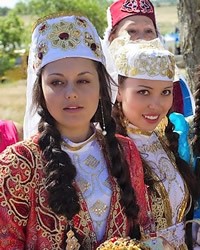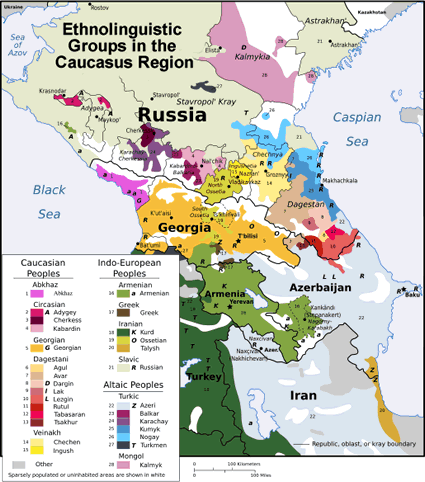Throughout history, Armenia has been a battlefield for many invaders and contending empires and a bridge for many cultures and civilizations. During the past 2,700 years, Armenia has been conquered by the Persian Empire, Alexander the Great, the Roman Empire, the Byzantines, Arabs, Mongols, Tatars, Ottomans, Persians and Russians. Armenian kingdoms, principalities, and even a short-lived empire (95-55 B.C.) survived and thrived for some 1,700 years. Under various kings and princes, the Armenians developed a sophisticated culture, original architecture, and their own alphabet.
Through the centuries, there have been Armenians migrated to many other countries. They have settled in Bulgaria as early as the 400s. More Armenians arrived in what is now Bulgaria for a 500-year period between the 500s and the 1000s. Bulgaria and Armenia were conquered by the Ottoman Empire, so there was more movement during those years. During communist rule in Bulgaria (1944-89) most Armenians left Bulgaria. After communism fell, Armenia s economy was facing difficulties, so Armenians left Armenia looking for better opportunities. Bulgaria was one of their destinations, though they were much more likely to move to Western Europe or the United States.
Armenians have contributed to Bulgaria in many ways. They have been professional athletes, writers, scholars, composers and politicians. They have their own cultural associations and schools in Bulgaria.
In 301 AD, during the rule of King Dirtad III, Armenia became the world's first Christian nation. A Christian monk, commonly known as Krikor Lusavorich or St. Gregory the Illuminator, cured the king of a disease. After this event, King Dirtad III was baptized and accepted Christianity as Armenia's official state religion. Before this, two disciples had brought Christianity to Armenia, St. Thaddeus and St. Bartholomew.
The traumatizing experience of being expelled from their homeland and the historic genocide made a deep impression on Armenians. Many have trouble forgiving the Turks after over 100 years. This impedes their spiritual lives.
Pray for healing for Armenians and for the ability to integrate into their respective diaspora communities.
Pray for the Armenians in the diaspora to hold on to their Christian faith and to have a personal experience with Jesus Christ.
Pray for peace; this is what Armenia needs most of all.
Pray that God would bring revelation of Christianity as a spiritual relationship rather than a call to nationalism.
Scripture Prayers for the Armenian in Bulgaria.
https://en.wikipedia.org/wiki/Armenians_in_Bulgaria
https://asbarez.com/getting-to-know-armenian-communities-in-bulgaria/
https://3seaseurope.com/how-bulgaria-became-a-second-homeland-for-armenians/
https://amaa.org/armenian-evangelical-chu
| Profile Source: Joshua Project |













